With the right training plan and good technique anyone can become a faster climber. Here’s the training, pacing, nutrition, and skills that will help you summit hills faster and more efficiently.
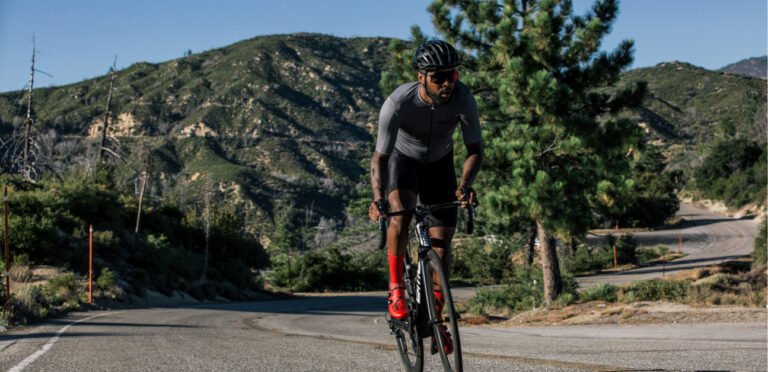

With the right training plan and good technique anyone can become a faster climber. Here’s the training, pacing, nutrition, and skills that will help you summit hills faster and more efficiently.
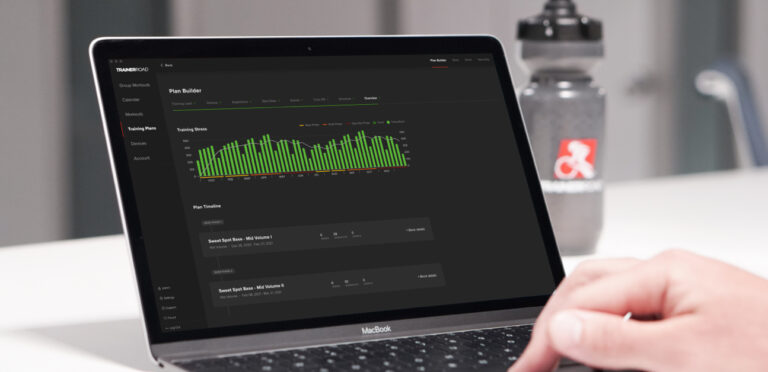
Training all of your energy systems for the demands and challenges of your racing and goals takes time. This season, ditch your short term training plan for a long term approach and add a training plan to your Calendar that aligns with all of your goals.
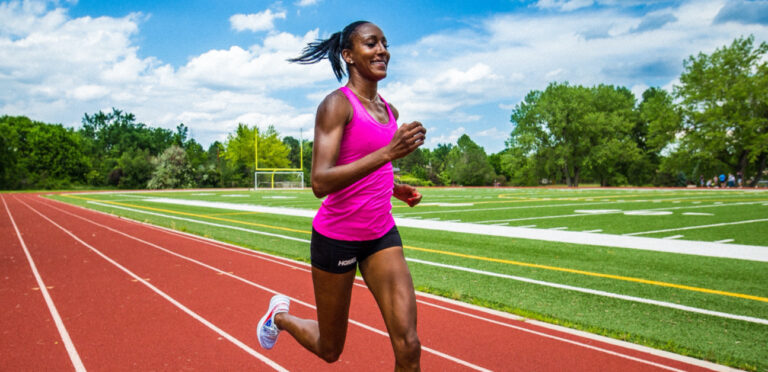
Sika Henry is an elite level triathlete with outstanding accomplishments in the sport of triathlon and has an important role in the triathlon community. In this week’s Successful Athlete’s Podcast, Sika shares some of her insights into training and racing, her personal progression into triathlon, an inspiring comeback story, and much more.
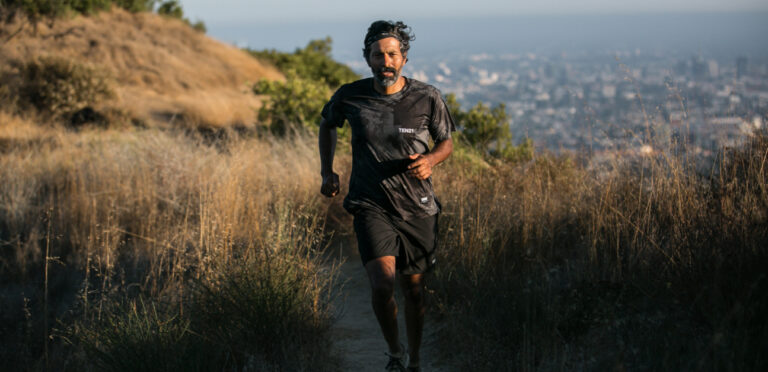
Time and time again, we return to base training. But why? Is it possible to skip base training when you’re fit? Can you derail your progression with early season racing or even too much base? Here’s the answer to these common base training questions and the goals behind base training.
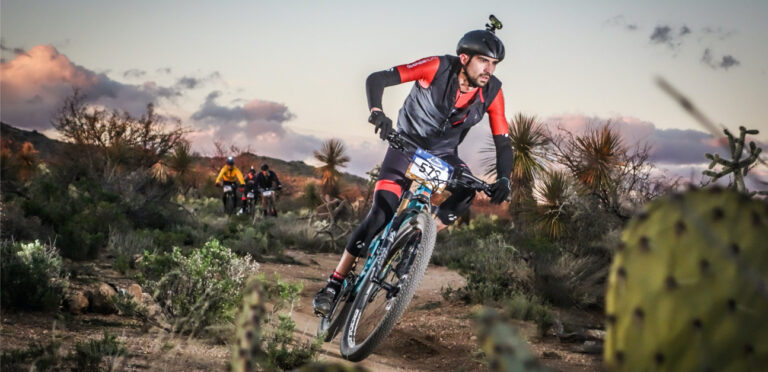
A structured mountain bike training plan is the most effective and efficient way to build the power and endurance necessary for the demands of mountain biking. Cross country, Enduro, and Downhill athletes can get faster with a training plan specific to their racing discipline and the terrain they ride.
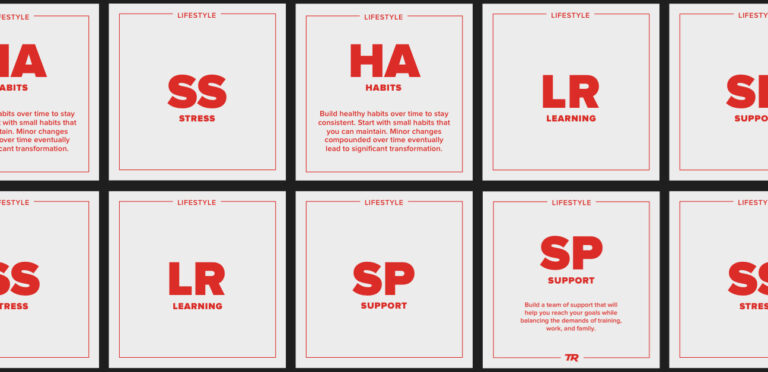
Your lifestyle and daily routine are more closely related to your training than you may realize. Daily stress, training habits, your support system, and the learning you do off the bike are elements of lifestyle that play a role in your training. Knowing how the elements of your daily life impact your training can help you optimize these elements so that your training plan complements your routine and reinforces your goals daily.

You don’t need to make big changes to see big improvements. Optimizing your training routine with the addition of a few small habits can have a significant impact on your progression in the long run. Here are eight little habits you can easily add to your routine to train better and get faster.
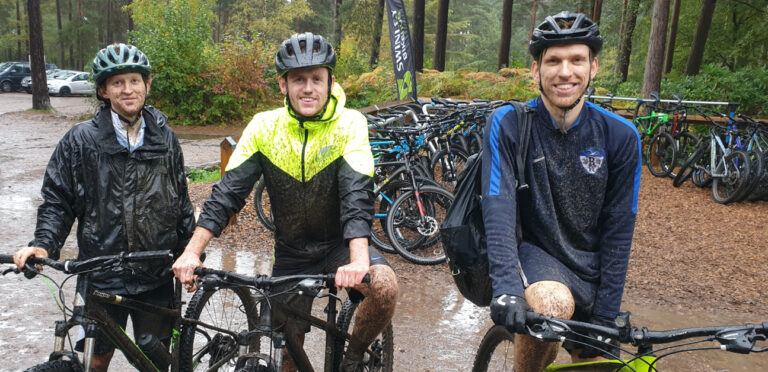
Progress isn’t always linear— and that’s not a bad thing. TrainerRoad successful athlete Jack Turnbull shares his journey through the ups and downs of his progression and how he’s adjusted his training to sustain a 4.8 power to weight ratio.
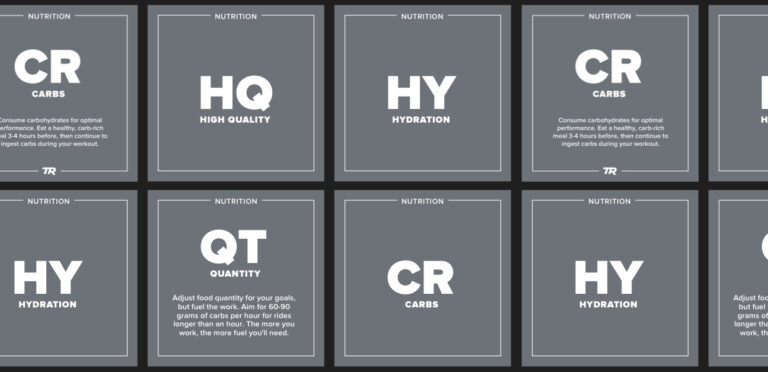
You need sufficient, high quality nutrition to fuel your workouts, aid your recovery, and promote your body’s physical adaptations. When you’re not fueling properly you’re short changing the training process, and your body’s ability to work harder and get faster.
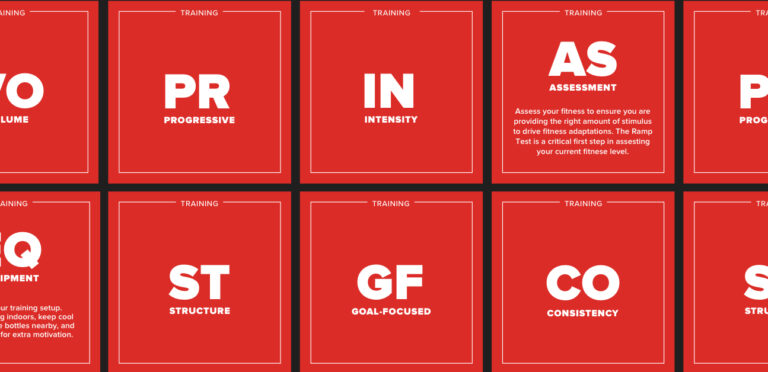
The Training Elements of Getting Faster are ten training principles, that when actively applied to your training, can help you get faster and make the most of your hard work.